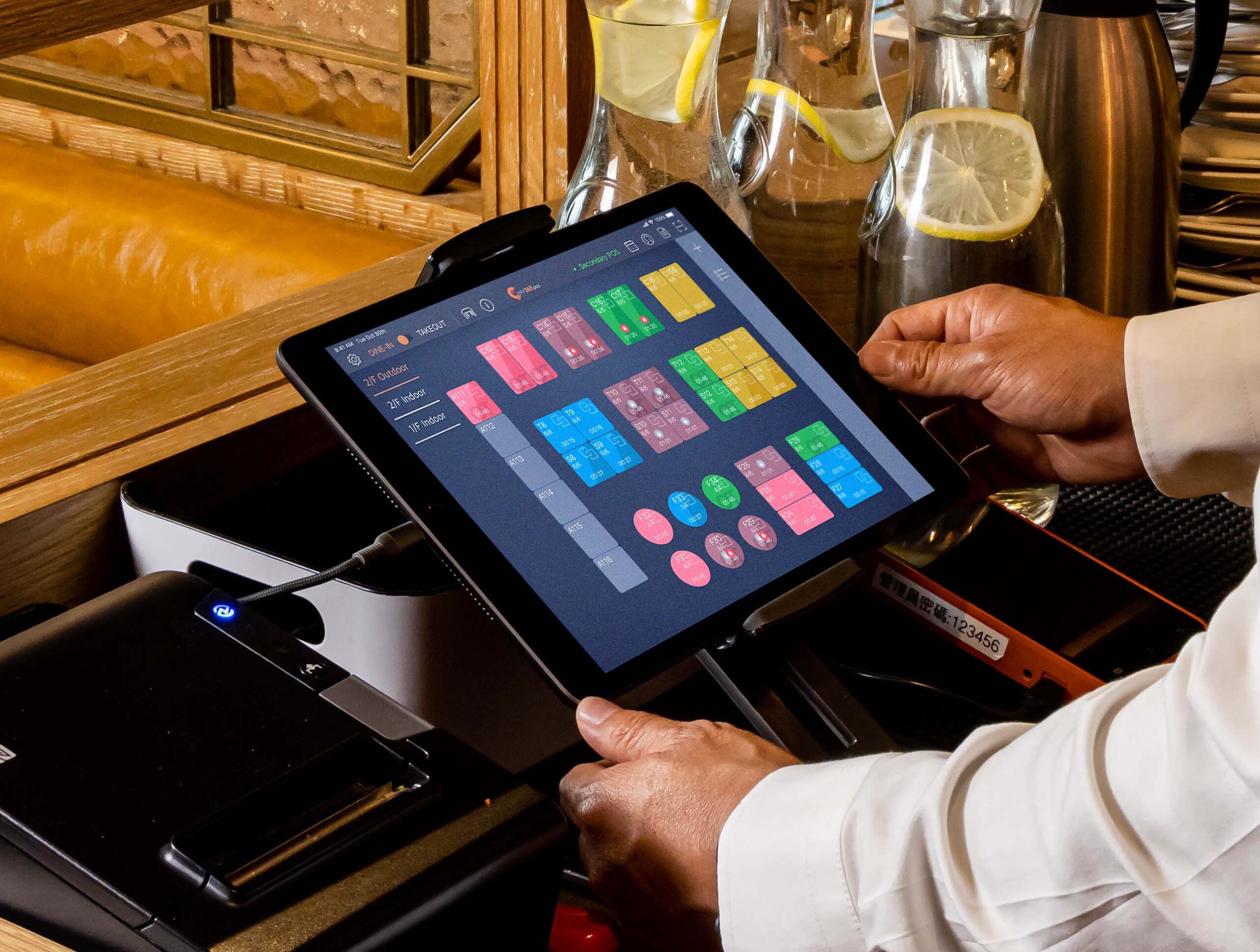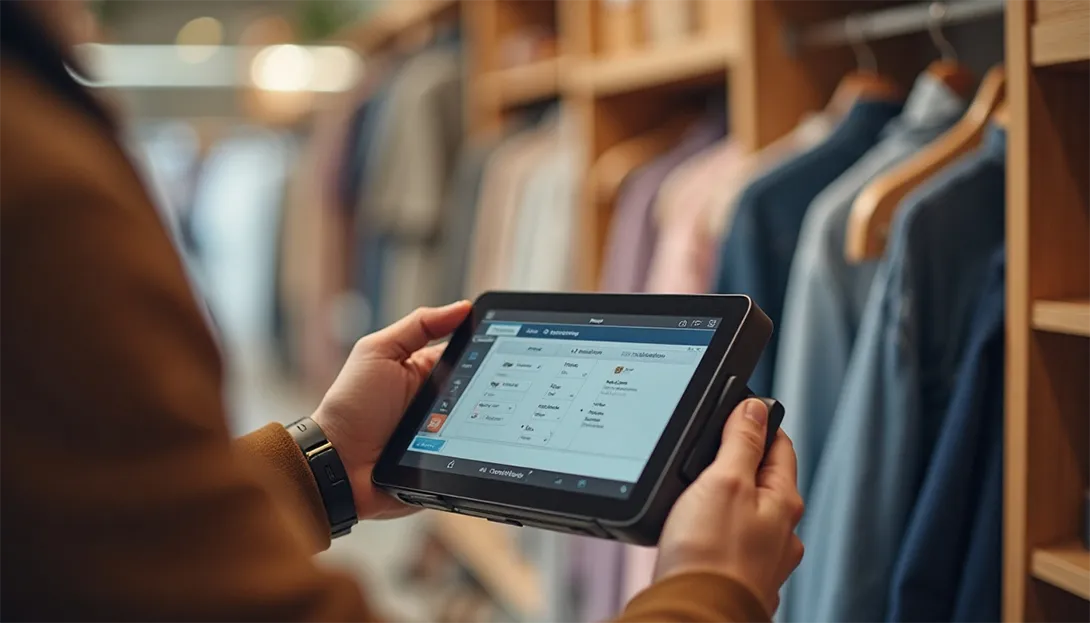Mastering Data Accuracy with POS Reports in 2024

In 2024, businesses across industries are prioritizing data accuracy more than ever. Accurate data drives informed decision-making, improves operational efficiency, and enhances customer satisfaction. For retailers, restaurants, and other businesses that rely on point-of-sale (POS) systems, leveraging POS reports to maintain impeccable data accuracy is crucial for sustained growth and profitability.
The Importance of Data Accuracy in Modern Business
Data accuracy isn’t just about having the correct numbers—it’s about creating a reliable foundation for decision-making. Inaccurate data can lead to poor inventory management, incorrect financial forecasting, and even lost customer trust. With the rapid pace of technological advancements in 2024, businesses can no longer afford to make decisions based on faulty or outdated information.
POS Reports: The Backbone of Accurate Data
POS systems have evolved significantly over the years. Today’s POS platforms offer robust reporting tools that not only record transactions but also analyze trends, track inventory, monitor employee performance, and provide actionable insights. However, the accuracy of these insights depends on how businesses manage, interpret, and act on their POS reports.
Key Features of Modern POS Reports That Enhance Data Accuracy
- Real-Time Data Synchronization
POS systems in 2024 come equipped with real-time data synchronization, ensuring that every transaction is recorded immediately. This minimizes discrepancies between recorded sales and actual inventory levels, a common issue in traditional systems. - Customizable Reports
Modern POS systems allow users to customize reports to focus on specific metrics—sales by product, peak hours, or staff performance. Customization ensures businesses extract the most relevant data without being overwhelmed by unnecessary details, improving overall data reliability. - Integrated Inventory Management
Inventory discrepancies are a leading cause of data inaccuracy. Many POS systems now integrate directly with inventory management tools, providing an automated, accurate view of stock levels. Alerts for low inventory or discrepancies between recorded and actual stock levels reduce human errors significantly. - Error Detection and Correction Tools
Advanced POS software is equipped with AI-driven algorithms to detect anomalies, such as duplicated transactions or unusually high void rates, allowing businesses to correct errors before they snowball into bigger issues.
Strategies for Mastering Data Accuracy with POS Reports
1. Train Your Team
The most sophisticated POS system is only as good as its users. Comprehensive staff training ensures proper data entry, minimal errors, and consistent use of the system’s advanced features. Employees should understand the importance of accuracy and how to use POS reports to maintain it.
2. Regular Data Audits
Conduct regular audits to cross-check POS data with physical inventory and financial records. Periodic reviews help identify discrepancies early and prevent errors from affecting long-term decision-making.
3. Automate Wherever Possible
Automation reduces human errors and speeds up processes. Automate routine tasks such as inventory tracking, payroll calculations, and sales reporting. Automation also ensures consistency, especially in high-volume businesses.
4. Utilize Analytics and AI Tools
Many POS systems in 2024 include built-in analytics and AI capabilities. These tools identify patterns, highlight errors, and predict trends based on historical data. Leveraging these features ensures data is accurate and actionable.
5. Secure Your Data
Data accuracy isn’t just about the numbers being correct—it’s also about keeping them safe. Ensure your POS system has robust security measures in place, such as encrypted transactions, secure logins, and regular software updates. This protects your data from breaches or unauthorized changes.
The Benefits of Accurate POS Reports
1. Improved Decision-Making
Accurate data enables managers to make informed decisions, from product ordering to marketing strategies. When POS reports are reliable, businesses can confidently adapt to market trends and customer demands.
2. Enhanced Customer Experience
Real-time insights into inventory ensure customers get what they want when they want it. Accurate data also allows businesses to personalize customer experiences, fostering loyalty.
3. Better Financial Management
Correct data helps businesses maintain accurate financial records, simplifying tax preparation and audits. Accurate POS reports reduce the risk of financial penalties or reputational damage due to errors.
4. Operational Efficiency
From staffing to inventory, POS reports help streamline operations by identifying inefficiencies. Accurate data ensures every resource is utilized optimally, reducing waste and increasing profitability.
Final Thoughts
Mastering data accuracy with POS reports is no longer optional in 2024—it’s a business imperative. As technology advances, businesses that harness the full potential of their POS systems will find themselves better equipped to navigate challenges, seize opportunities, and deliver exceptional customer experiences.
By focusing on training, automation, regular audits, and leveraging advanced features like AI-driven analytics, businesses can turn their POS system into a powerhouse of accurate data. In doing so, they not only enhance their operational efficiency but also secure a competitive edge in an increasingly data-driven marketplace.
Visit our site at www.dibtech.com.au
Visit our YouTube channel for tutorials Dibtech






